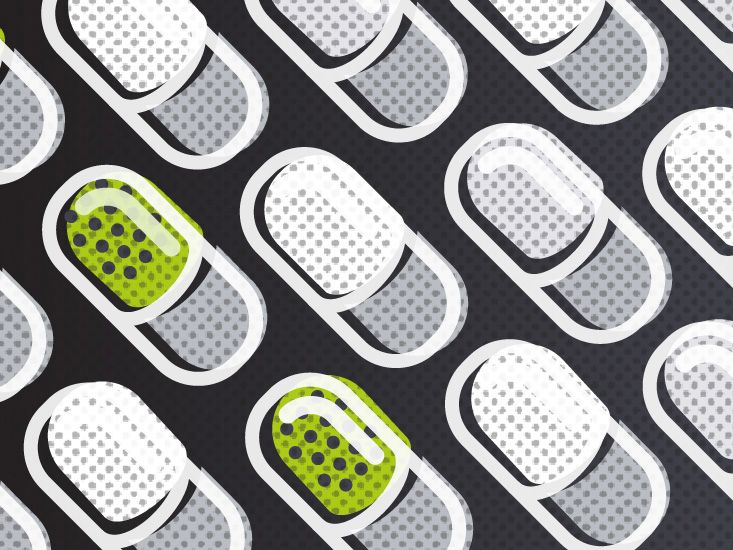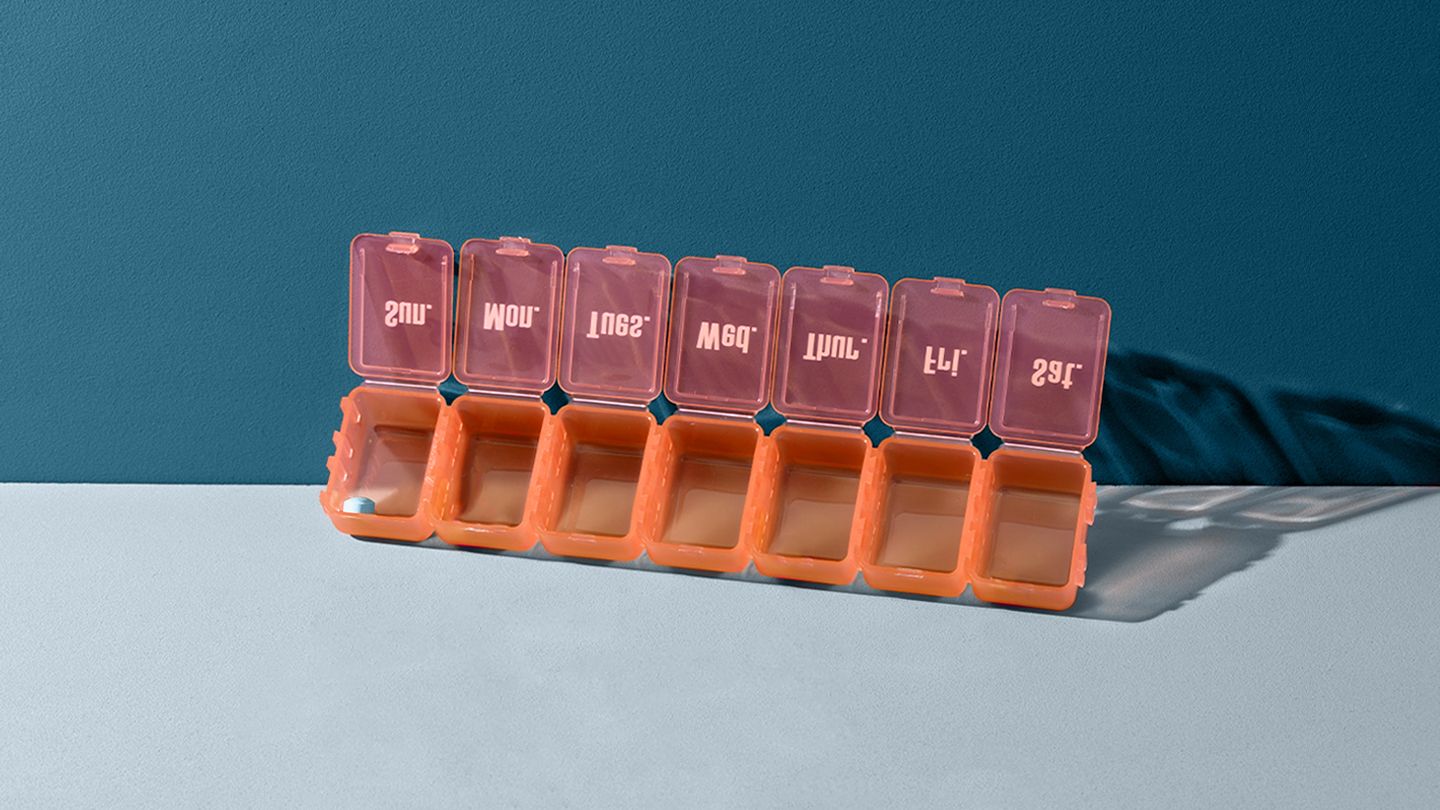Understanding ADHD and Its Symptoms
Attention deficit hyperactivity disorder (ADHD) is a common neurodevelopmental disorder characterized by inattentiveness, hyperactivity and impulsivity that begins in childhood and can persist into adulthood. Some common symptoms of ADHD include:
- Difficulty paying attention and staying focused
- Being easily distracted by irrelevant sights and sounds
- Struggling to follow instructions
- Forgetfulness
- Fidgeting and restlessness
- Excessive talking
- Difficulty waiting your turn
- Acting without thinking
If you recognize several of these symptoms in yourself or your child and feel they are negatively impacting daily life, it may be worthwhile to bring up the possibility of ADHD with a doctor.
Preparing For Your Appointment
Before meeting with your doctor, take some time to reflect on your symptoms and how they affect your daily functioning. Consider specific examples such as:
- Times when you had difficulty concentrating at school or work
- Situations where you were overly restless or acted impulsively
- Feedback you've received about not listening well or interrupting others
Tracking your symptoms day-to-day can also provide helpful examples to share. In addition to personal examples, be ready to speak to:
- When you first started noticing symptoms
- How symptoms and their severity have changed over time
- Triggers that seem to worsen your symptoms
- Ways that symptoms interfere with your work, relationships and daily activities
Gather Relevant Medical Documentation
Bring copies of any previous medical records that might be relevant, such as:
- Past psychiatric or counseling evaluations
- Teacher evaluations detailing learning challenges
- Report cards and standardized testing records
- Documentation of workplace issues related to focus or behavior
Consider Screening Tools
Some doctors have self-report scales for screening ADHD symptoms such as:
- ASRS-v1.1 Symptom Checklist
- Vanderbilt ADHD Diagnostic Rating Scales
- Conners 3 ADHD Index Scales
Completing one of these tools can give your doctor a standardized measure of your symptom severity to discuss.
Questions to Ask Your Doctor
Confirming an ADHD Diagnosis
If you suspect you may have ADHD, important questions for your doctor include:
- What steps will you take to evaluate me for ADHD?
- How will you rule out other potential causes for my symptoms?
- What type of ADHD screening tools do you use?
- Can you assess for learning disabilities or other co-occurring conditions?
- What does the diagnostic process involve moving forward?
Treatment Planning
If diagnosed with ADHD, work collaboratively with your doctor on a treatment plan by asking questions such as:
- What treatment options do you recommend based on my symptoms and history?
- Are psychotherapy, medications or both indicated in my case?
- What are the benefits and side effects of medication options we are considering?
- How will we monitor progress and manage dosage?
- How can you coordinate treatment across my care providers?
Managing ADHD Long-Term
To set yourself up for success managing ADHD long-term, inquire about:
- What self-help strategies do you recommend to manage my symptoms?
- How often should I follow up to review treatment progress?
- What community resources are available for adults with ADHD?
- Could any dietary changes or nutritional supplements help manage symptoms?
- What structure and supports helped others with similar struggles?
Keeping an open dialogue with your doctor is key for finding an effective treatment plan and coping strategies to manage life with ADHD.
FAQs
How do I know if I may have ADHD?
Common symptoms include difficulty paying attention, easy distractibility, restlessness, trouble following instructions, forgetfulness and impulsivity. If several symptoms have been present since childhood and are interfering with work or relationships, ADHD may be the cause.
What should I do before talking to my doctor about ADHD?
Track your symptoms day-to-day, take note of specific examples of when symptoms impact your life, and reflect on symptom duration and severity over time. Bring copies of relevant medical records and consider completing a standardized ADHD screening tool.
What happens if my doctor confirms an ADHD diagnosis?
If diagnosed with ADHD, your doctor will collaborate with you to develop a treatment plan which may involve medication, psychotherapy, self-help strategies, addressing other learning disorders, and establishing follow-up care to monitor progress.
How is ADHD treated in adults?
Treatment often includes stimulant medications and/or therapy such as cognitive behavioral therapy (CBT). Establishing structure, routine and organizational systems can also help manage symptoms long-term. Ongoing follow-ups to review treatment efficacy are key.
Disclaimer: This article is for informational purposes only and does not constitute medical advice. Always consult with a healthcare professional before starting any new treatment regimen.
Related Coverage
While ADHD rates increase, evidence counters overdiagnosis claims, instead supporting genuine neurological roots and debilitating daily impairment for those affected....
Global supply issues have caused a shortage of many ADHD medications like Concerta in 2022. Work with your doctor to ration pills, try generics and alternate meds, or utilize behavioral tools to manage symptoms....
ADHD requires an ongoing commitment to integrated treatments, self-care practices, community support, and advocacy to manage symptoms and thrive....
Learn what Mydasis side effects feel like, which are common, how to manage them, and when to seek medical help....
The Adderall shortage is making getting prescriptions difficult without insurance. Here are tips for working with your doctor, finding discounts, using prescription savings plans, and more....
The Vyvanse shortage continues into 2024 and likely 2025 due to production capacity problems keeping pace with surging ADHD demand. Tips for coping and alternatives....
Wellbutrin and Vyvanse are sometimes used together to treat adult ADHD. Wellbutrin enhances focus and counteracts stimulant side effects....
Games build crucial skills for children with ADHD. Explore top game types and titles that create engaging outlets for energy and improved focus, memory and coordination....
Embrace the power of superfoods and elevate your conscious lifestyle. Discover 15 nutrient-dense powerhouses that offer a wealth of benefits for your body, mind, and spirit....
Coping with retinol irritation like burning, redness, dryness? Learn how long symptoms last, when to worry, and get aftercare tips to heal skin post inflammation....








